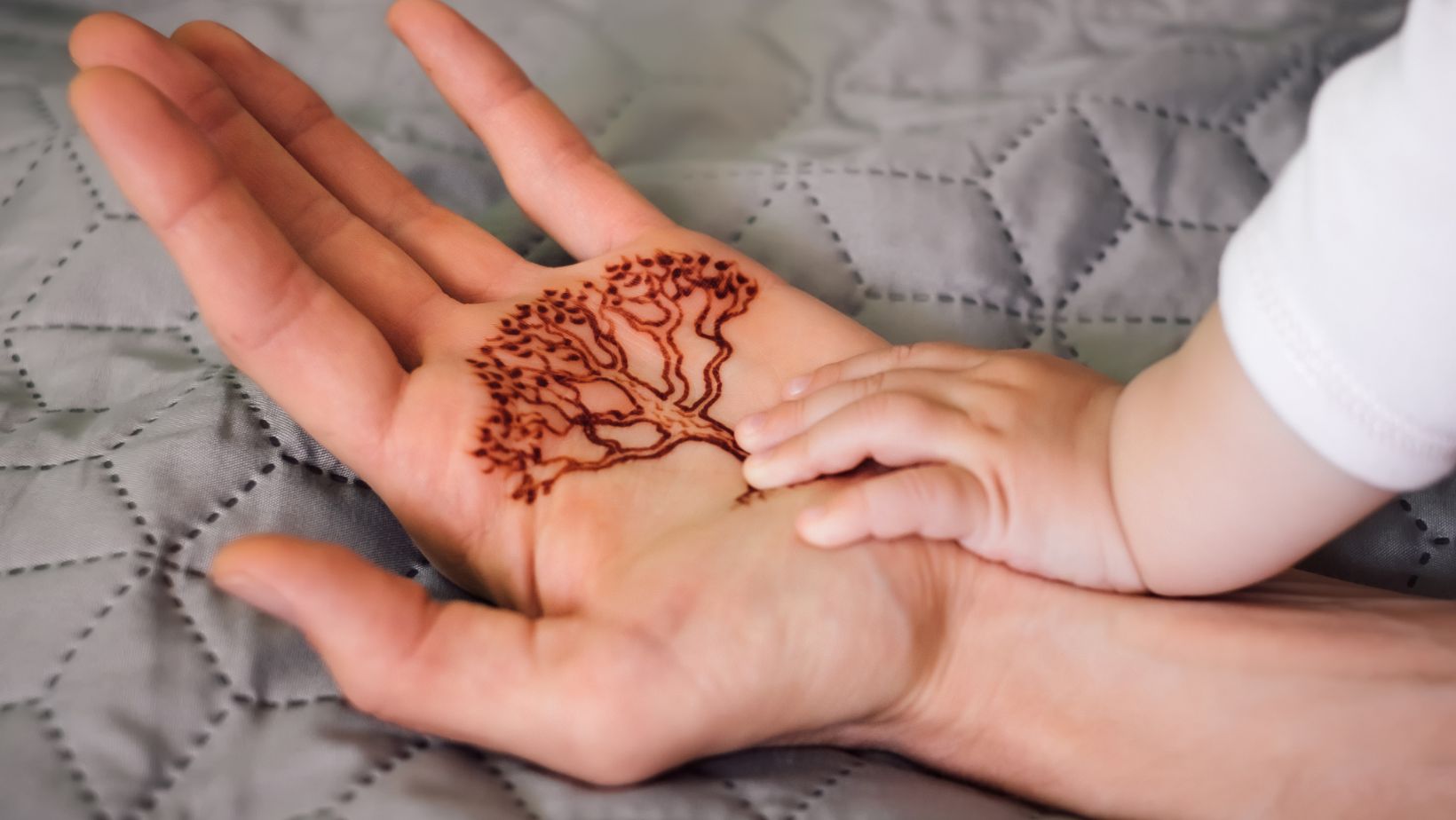
When it comes to African generational wealth, there is a rich tapestry of history and culture that shapes the present reality. The concept of generational wealth refers to the assets, investments, and financial resources passed down from one generation to another. In the context of Africa, this encompasses not only monetary inheritance but also land, property, businesses, and cultural traditions.
Africa’s diverse nations have unique stories when it comes to accumulating and preserving generational wealth. From ancient empires like Mali and Songhai to modern-day entrepreneurs and innovators, Africans have long understood the importance of building a legacy for future generations. This has been achieved through various means such as agricultural practices, trade networks, natural resource management, and entrepreneurship.
However, it is essential to acknowledge that the journey towards African generational wealth has not been without challenges. Historical factors like colonization and slavery disrupted existing systems of wealth accumulation in many African countries. Economic disparities persist due to ongoing issues such as corruption, limited access to education and healthcare, political instability in certain regions, and global economic inequalities.
Despite these hurdles, there are inspiring examples of individuals and communities striving for intergenerational prosperity across the continent. Through initiatives focused on education and skills development, sustainable business practices, technology innovation hubs, community-led investment projects, and fostering a sense of pride in African heritage, you’ll discover how Africans are reclaiming their narrative while working towards creating a better future for themselves and generations to come.
African Generational Wealth
When it comes to African generational wealth, there are several key factors that contribute to its significance and impact. This form of wealth is built upon the principles of long-term financial planning, intergenerational asset accumulation, and the passing down of resources from one generation to the next. Let’s delve deeper into what makes African generational wealth unique and noteworthy.
- Historical Context: To truly understand African generational wealth, we must acknowledge its historical context. Centuries of colonization, slavery, and economic exploitation have had a profound impact on the accumulation and preservation of wealth within African communities. Despite these challenges, many individuals and families have managed to create enduring legacies through strategic financial decisions.
- Cultural Values: Cultural values play a crucial role in shaping African generational wealth practices. In many African societies, there is a strong emphasis on communalism and extended family networks. This collective mindset fosters a sense of responsibility towards future generations, encouraging individuals to prioritize long-term financial stability over short-term gains.
- Asset Diversification: Another key aspect of African generational wealth lies in asset diversification. While traditional forms such as land and property remain significant, there is an increasing recognition of the importance of investing in education, entrepreneurship, and other income-generating ventures. By diversifying their assets across various sectors, individuals can create opportunities for sustained prosperity for themselves and future generations.
It is important to note that African generational wealth is not a monolithic concept and varies across different regions and cultures within the continent. However, it remains a testament to the resilience, vision, and entrepreneurial spirit of individuals who strive to create lasting prosperity for themselves and future generations. By understanding these underlying factors, we can appreciate the significance of African generational wealth as a catalyst for economic growth and societal transformation.
 Key Factors Shaping African Generational Wealth
Key Factors Shaping African Generational Wealth
When it comes to understanding the factors that shape African generational wealth, several key aspects come into play. These factors influence the accumulation and preservation of wealth across generations, contributing to the long-term financial well-being of African families. Let’s delve into some of these crucial elements:
- Economic Growth and Development: The overall economic growth and development of a country or region plays a significant role in shaping generational wealth. Stable economies with robust GDP growth rates provide more opportunities for individuals and families to accumulate wealth over time. Investments in infrastructure, education, healthcare, and technology are vital drivers of economic development and contribute to increasing wealth creation possibilities.
- Entrepreneurship and Business Ownership: The entrepreneurial spirit within African communities has been instrumental in creating generational wealth. Many successful businesses have emerged from Africa, ranging from small-scale enterprises to multinational corporations. Encouraging entrepreneurship through supportive policies, access to capital, mentorship programs, and business incubators fosters an environment where individuals can build sustainable businesses that can be passed down through generations.
- Education and Skills Development: Accessible quality education is a critical factor in shaping generational wealth. Equipping future generations with relevant skills empowers them to secure better employment opportunities or become entrepreneurs themselves. Investing in education not only enhances individual earning potential but also contributes to socioeconomic progress by fostering innovation and productivity.
By understanding these key factors shaping African generational wealth, individuals and policymakers can work towards creating an environment that fosters sustainable economic growth, entrepreneurship, education, financial literacy, intergenerational asset transfer, and robust social networks. These elements are crucial in building a solid foundation for the long-term prosperity of African families.

 Key Factors Shaping African Generational Wealth
Key Factors Shaping African Generational Wealth